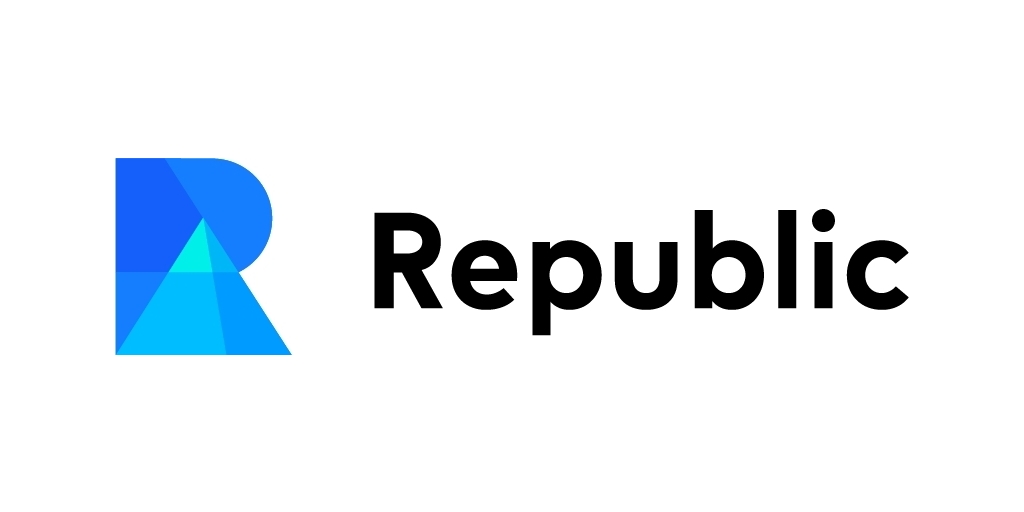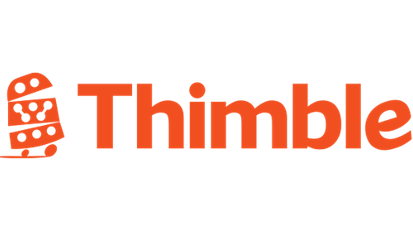Investments in innovative startups are crucial to the future of our country. Yet equity investing is an inherently high-risk, high-reward venture, where a positive return isn’t always guaranteed, and taxpayers haven’t always been qualified for profitable opportunities.
As a result, QSBS legislation was enacted to provide incentives for investors who make these risky, yet highly promising investments. The investment and startup ecosystem has expanded over the past decade, making it possible for more American taxpayers to gain exposure to these investment opportunities and benefit from capital gains tax incentives through a growing investment method, crowdfunding.
Since equity crowdfunding was introduced and expanded, there has been a larger pool of investors, and more tax benefits have been available to investors. The adoption of this new financial trend has also prompted the growth of investment platforms specifically designed to encourage, simplify, and streamline crowdfunding to the general public.
Regulation Crowdfunding has exceeded $500 million in 2021 alone, more than double the investments made on crowdfunding platforms in 2020, according to KingsCrowd.
What sparked the exponential growth in crowdfunding?
The JOBS Act, which was passed into law in 2012, stimulated investment funding to small businesses. The legislation also jumpstarted the nation’s economy after the 2008 recession by allowing entrepreneurs and founders to promote their startup capital campaigns publicly. Further, the JOBS Act enabled more taxpayers to invest in these investment prospects, thereby increasing the potential pool of investors.
Former President Obama gave insight into what the legislation would do for the American economy during the signing of the JOBS Act:
“Here’s what’s going to happen because of this bill. For business owners who want to take their companies to the next level, this bill will make it easier for you to go public. And that’s a big deal because going public is a major step towards expanding and hiring more workers. It’s a big deal for investors as well, because public companies operate with greater oversight and greater transparency.”
He went on to expound on the potential benefits this legislation would spark on a national level:
“And for start-ups and small businesses, this bill is a potential game-changer. Right now, you can only turn to a limited group of investors — including banks and wealthy individuals — to get funding. Laws that are nearly eight decades old make it impossible for others to invest. But a lot has changed in 80 years, and it’s time our laws did as well. Because of this bill, start-ups and small businesses will now have access to a big, new pool of potential investors — namely, the American people. For the first time, ordinary Americans will be able to go online and invest in entrepreneurs that they believe in.”
Four years after the JOBS Act was passed, Regulation Crowdfunding (Regulation CF) was added. As a result of this law, private early-stage companies have access to venture capital from the entire body of American taxpayers and presented fewer restrictions on how private startups can raise capital.
Prior to the passage of Regulation CF, investors were only able to contribute to the private equity market if they met certain criteria that qualified them as accredited investors. The required qualifications for being considered an accredited investor used to be based solely on an individual’s net worth. Due to this, many American taxpayers were excluded from investing in the startup marketplace.
In December of 2020, the Security and Exchange Commission (SEC) updated the accredited investor criteria. With these recent modifications in qualification requirements, the pool of eligible investors has grown further and paved the way for the meteoric rise of crowdfunding investment ventures.
So who are the major crowdfunding platforms, and how do they differentiate themselves?

Republic, a crowdfunding platform that curates private, high-growth investing opportunities across many business niches and startup companies from cryptocurrency, to gaming platforms, and all the way to the real estate market. Republic was founded in 2016 by Kendrick Nguyen, Léo Galley, Paul Menchov, Peter Green and is headquartered in New York City.
Prior to founding Republic, the initial founders of the crowdfunding platform worked with AngelList, an early-stage venture investment group for online private capital investment ventures. Republic’s team has grown significantly in the last few years, as has the number of companies that have raised capital on Republic’s Private and Public platforms. The crowdfunding platform also came in raising $93 million in 2021 alone.
Republic has funded over 500 companies to date and boasts a wide range of business niche representation. Here’s a small sample of businesses who raised money on Republic:

QuickLoadz is a company aiming to aid the freight industry by solving shipping problems through automated ways of moving shipping containers without any need for extra equipment. The company has a valuation cap at $12 million and a funding goal of $25K to $1.07 million.

Alpine-X is a company providing convenient, accessible, entertainment venues centered around mountain and snowsports. The crowdfunded company is coming in at a $40 million dollar evaluation and has a funding goal of $25K to $5 million.

Thimble is a tech education company that is working to make hands-on STEM education accessible to children of all populations and backgrounds. They are also partnering with Boy & Girls Club, Smithsonian, and Code.org to accomplish their outreach goals. The company has an $8 million valuation cap and has a funding goal of $25K to $1 million.
Are investments made through crowdfunding eligible for tax incentives such as QSBS?
Crowdfunding allows non-accredited investors to invest in early-stage companies, and crowdfunding investors can also leverage QSBS benefits for tax-free gains, if eligible.
There is a provision in Section 1202 of the Internal Revenue Code (IRC) that allows up to a 100% exclusion on capital gains if specific criteria are met. These requirements will likely align with those for early-stage companies seeking crowdfunding capital raises.
In most cases, startups pursuing crowdfunding investments have not yet reached the $50 million gross asset threshold, which is one of the primary eligibility requirements. The type of entity and industry in which the entity operates is also considered. Learn more about the eligibility criteria.
Shareholders must monitor the eligibility criteria over a minimum 5-year holding period to ensure that they can claim the profitable QSBS tax exemption confidently.
How do I know if a Republic investment is QSBS eligible?
QSBS may be available for startups funded on crowdfunding platforms, like Republic. To date, Republic has not specified which companies or stocks may be eligible for the QSBS tax exemption.
Investors must research their current and potential investments in various startups to ensure QSBS eligibility due to the intricate and highly nuanced nature of the QSBS tax code.
For information on whether an investment on the Republic platform is QSBS-eligible, investors can refer to the following options:
- Investors have the opportunity to ensure that their investments go into an eligible QSBS company. Many companies make QSBS representations in their share purchase agreements. However, it is important to note that these reps are sometimes stated with limited evidence to back the claim.
- Investors can contact the company’s management directly to learn more about QSBS eligibility requirements.
- Investors can also contact the Capgains team for help in determining if their investments or potential investments on crowdfunding platforms are QSBS eligible. Complete this form to help us better serve your investment needs and questions.
Crowdfunding, QSBS, and 1045 Rollovers
A sister provision in the QSBS tax code, Section 1045, permits the rollover of QSBS gains that do not meet the 5-year holding period into other QSBS stock to achieve the 5-year holding period. Investors do not lose the capital gains tax exemption when a sale occurs that is out of their control; however, they have only 60 days to rollover these gains into a new eligible company.
Investors can identify companies that are both qualified for QSBS and are currently raising funds for a rollover opportunity through crowdfunding platforms.
If you are in a position to roll over QSBS capital gains and need help, please reach out to our team.
At Capgains.com, we assist investors and corporations in ensuring that their shares are eligible for QSBS tax exemptions and tracking their QSBS stock eligibility over time. Our team is prepared to assist you throughout the lifetime of your eligible stock.
This article does not constitute legal or tax advice. Please consult with your legal or tax advisor with respect to your particular circumstance.

